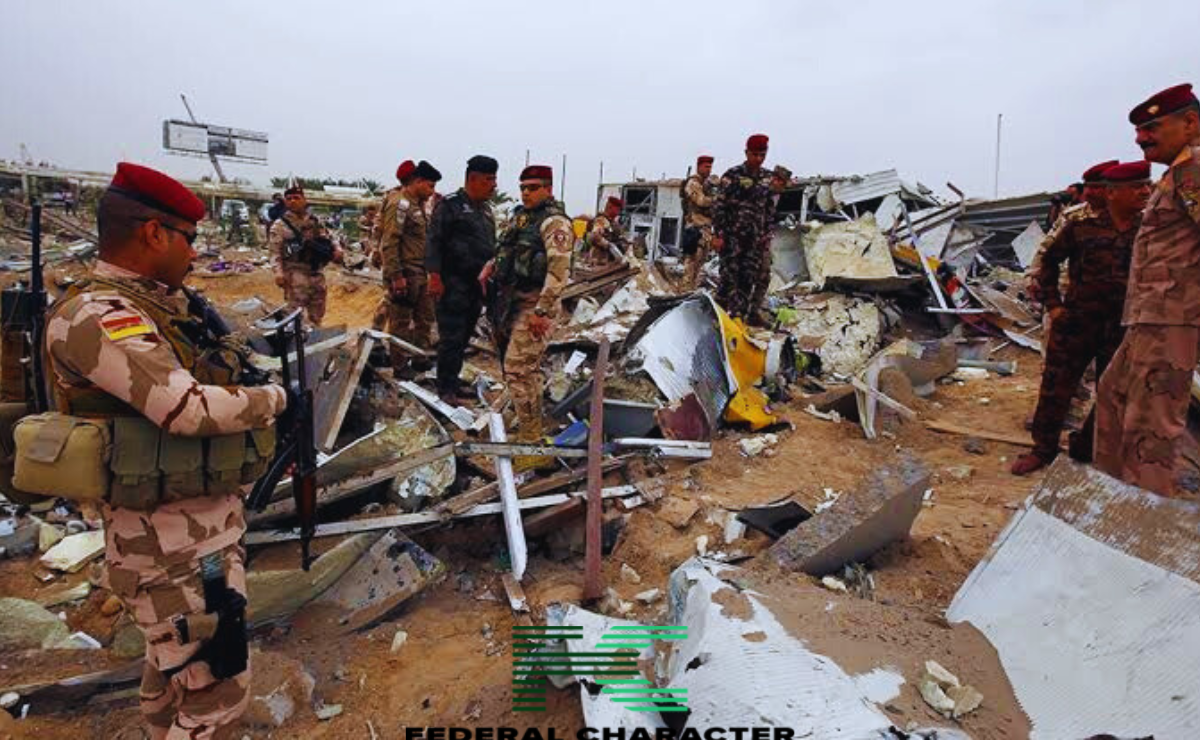Iraq’s government denounced overnight U.S. airstrikes south of Baghdad that resulted in the death of eight members of the Iran-aligned Iraqi armed group Kataib Hezbollah. Describing the airstrikes as a “dangerous escalation” that lacked coordination with Iraqi authorities, the condemnation follows two series of U.S. strikes in response to over 60 attacks by Iran-aligned militias against regional forces. The U.S. had refrained from such actions in Iraq to navigate the sensitive political landscape in Baghdad and avoid fallout from the Gaza war.
The strikes, linked by Iraqi militia groups to U.S. support for Israel during the Gaza conflict, were condemned by Kataib Hezbollah, which reported eight members killed in Jurf al-Sakhar, its stronghold south of Baghdad. In response, the group threatened broader attacks if U.S. strikes persisted.

Iraq’s government criticized the U.S. airstrikes as a “clear violation of sovereignty” and an attempt to disrupt internal security. While acknowledging armed group attacks against its interests, Iraq asserted that the strikes contradicted the advisory role of international forces fighting the remnants of the Islamic State militant group.
The Popular Mobilisation Forces (PMF), including Kataib Hezbollah, officially recognized by Iraq’s government, expressed varying opinions within Iraq’s ruling coalition. Iraqi Prime Minister Mohammed Shia Al-Sudani, reliant on Iran-backed factions’ support, faces challenges in controlling these factions, which also diverge on actions against U.S. forces.
U.S. forces at Ain al-Asad airbase were attacked, resulting in injuries and minor damage. In self-defense, a U.S. military AC-130 aircraft responded, killing Iranian-backed militants. The United States, with 900 troops in Syria and 2,500 in Iraq, maintains its mission to advise and assist local forces in preventing the resurgence of the Islamic State.














